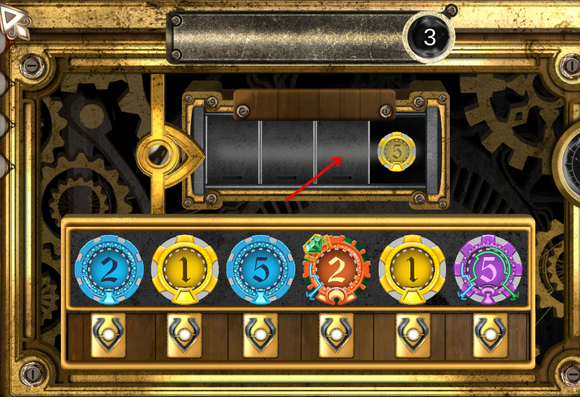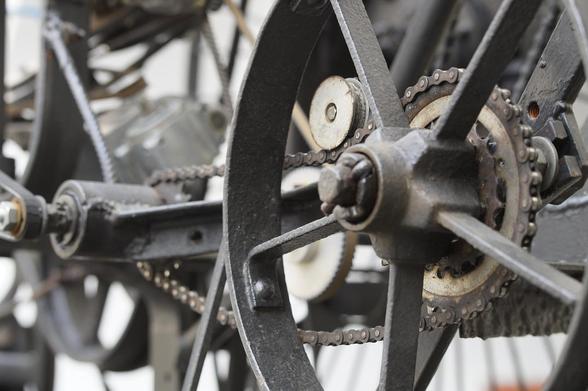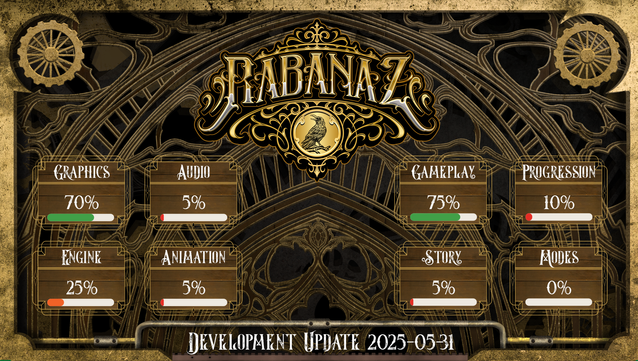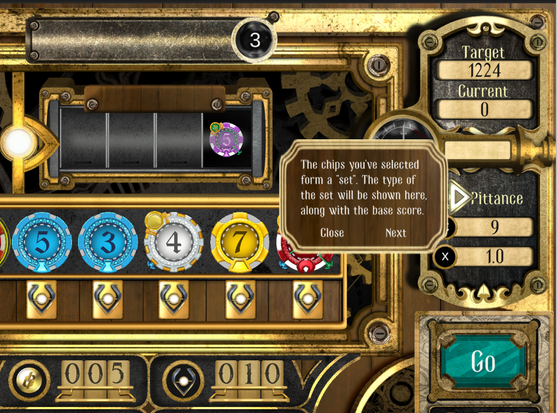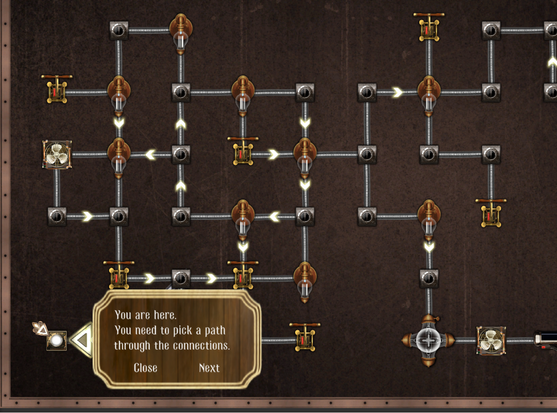@Beldarak I agree completely. It's about finding the features that strike the balance of being possible in available time and having a high enough impact on the players.
I make puzzles, food, and code.
Wishlist my upcoming game, Rabanaz, a deck (chip-bag) building gambler.
https://store.steampowered.com/app/3380650/Rabanaz
"the Way to Hexet": Find the lost metal bands in the northern forests. https://edaqasroom.com/game/the-way-to-hexet
Rabanaz has been sent off to the second round of playtesting. I'm doing this in ultra-small batches now, as it's so early there is lots of feedback.
@drattzy Nice fast riding mode!
@curiousdynamics Map generation is hard, though this looks like a playable strategy map.
@spookysquid Looks good.
@Beldarak I understand the feature creep. I have an ever increasing list of fun stuff for Rabanaz that's going on the "but is it really necessary" pile.
I've got one of those annoying defects that doesn't happen if you attempt to debug it, yet happens often enough while just playing the game. :/
In this case, I have an upgrade that is meant to reveal one additional chip in the pipeline, yet it reveals all three extra chips. It happened in my own tests, and in a playtest, but I just can't reproduce it.
@KelvinShadewing I feel for you. I hate those types of errors. Some random initialization order has now got a new order, or some uninitialized variable now gets a new value.
@eibriel They're just helping you out by summoning some outside assistance.
@georgebsocial If they could actually promote it... but if they also just do random posts on social media and hope it works, well, I've already got that covered.
I support really big cursors!
This is actually a limitation of Unity I can't figure out. In the editor, I can only set a cursor relative to the virtual screen-size, but then it sizes it according to my actual screen, thus appearing too big in the preview.
Loading a boostrap scene while testing in the Unity editor
Configure Unity to run a bootstrap scene before the current editor scene. This allows you to test any scene directly while still performing global initialization. Key elements include playModeStartScene, playModeStateChanged, and PlayerPrefs.
https://mortoray.com/loading-bootstrap-scene-in-unity-editor/
I think the first full-time role I'd hire for my game studio is a project manager (who doubles as community manager). There's so much going on. From these posts, to the steam updates, to the organizing the contractor assets, to arranging playtests, and so much more. I feel it's eating about half of my time.
I'll start posting updates in Steam, to get some activity there.
https://store.steampowered.com/news/app/3380650/view/497196950774351995
@Calined Yes, so there's obviously a bit more code involved, but the end-result is a dynamically sized tooltip position behind an item on the screen with the arrow pointing at it.
The problem with Canvas's world space is more about not knowing what it's doing. Once I figured it out, it's okay. But much of this isn't really documented, so I'm left just deciphering the values I get.
@Calined I think I got it though. A canvas overlay defines it's world to be equivalent to the screen space. Annoyingly not to the virtual canvas size. This means it's world space differs per screen resolution :/
@Calined Shooting rays is no problem; they've got that covered well.
This is about position canvas elements longside world items. For example, a canvas popup tooltip beside an in-game world item.
I had gotten this to all work before, but then as a surprise, discovered Canvas in Overlay mode does something different than the other modes. :/
@Calined I use a few different space conversion functions. If you're strictly within one space it seems fine. However, if you need to cross between world and canvas space I find things always go wrong. Each mode of the canvas also seems to define a different kind of space. And it depends if it's the root object or not.
For example, here's the not-at-all obvious transfrom from world to canvas.
Converting to/from camera/world and canvas space in Unity is like a mathematics puzzle. You have to reverse engineer what calculations it is making when positioning things, then try to get an equation that works in all screen sizes and world scales.
Though I appreciate the challenge, I'd also be happy if there were a simple, and working, fromHereToThere coordinate translation function.

